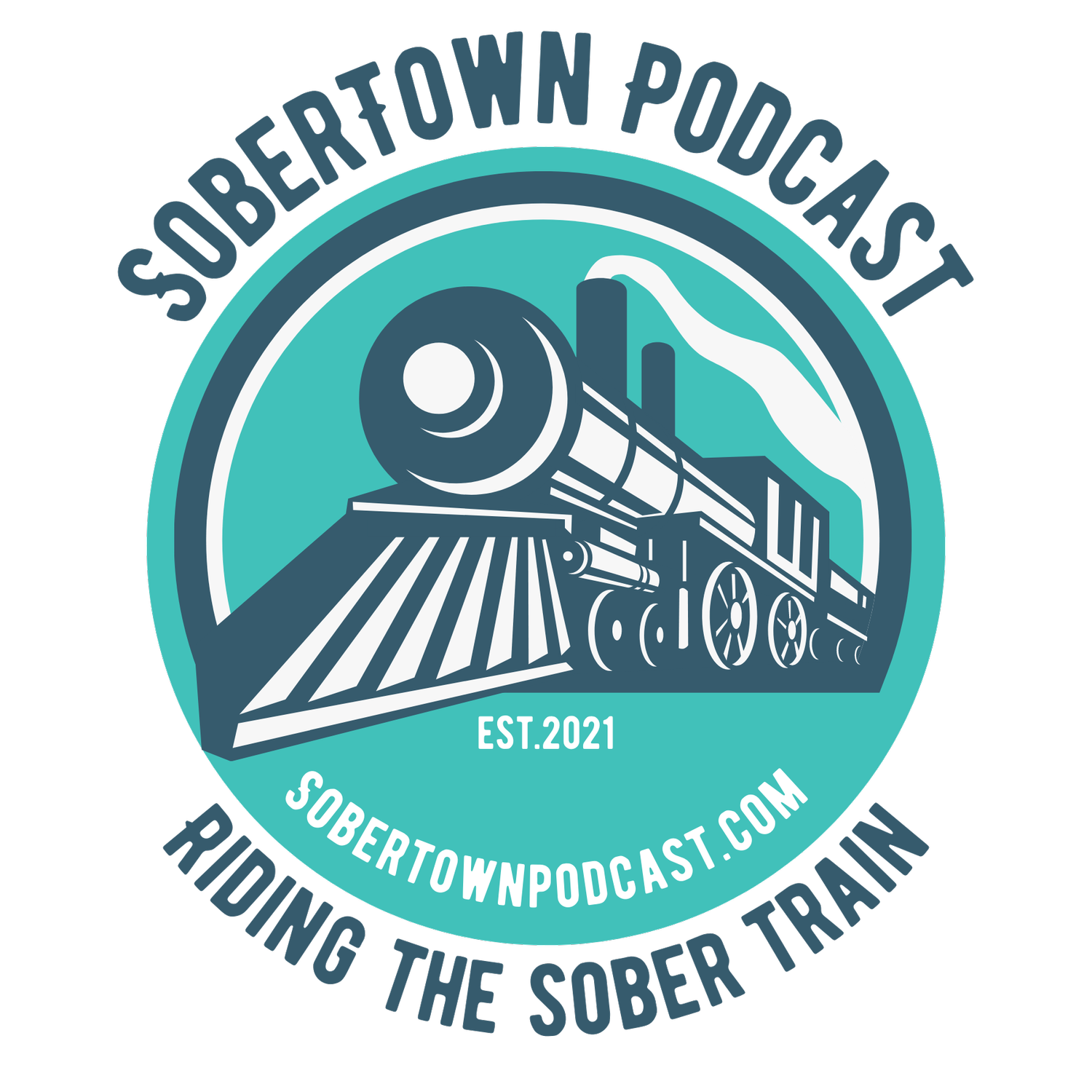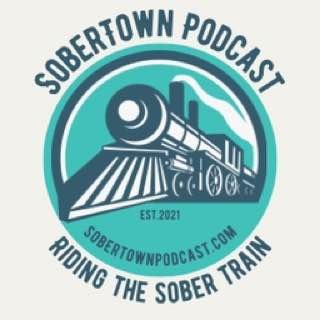Sober Toolbox 10: The Five Why’s
Photo Credit: Emily Morter @emilymorter
Hello Sobertown
Sakichi Toyoda was an inventor, referred to as Japans king of inventors, creating textile focussed weaving devices, he lived until 1930. Sakichi’s son Kiichiro Toyoda would continue on to establish Japan’s largest auto company/manufacturer Toyota. Sakichi Toyoda left us with a simple yet effective method of sourcing problems, his concept can be applied to anything from mechanical breakdowns to problems in our own lives. (1)
The five Why’s is simple in design. Write a problem down. Take the problem, then ask yourself WHY? Answer. Follow this answer with another WHY? Answer this too. Then follow the answer the this why with another WHY? Answer this and after 5 WHY’s, there is usually sufficient information to action change and to prevent future occurrences of the problem or to rectify the problem. You would be surprised what using this technique can tell you, information you thought would have been logical is actually not known until you progress through the five why’s. This thankfully, can be applied to your habits such as drinking.
Here is a standard example, a VERY simple one.
PROBLEM: My Pen stopped working
WHY? It ran out of ink.
WHY? I used it every day for months which depleted it?
WHY? I needed to write with it daily?
WHY? This is a requirement of my work.
WHY? My work uses processes which require paperwork to be filled out manually with a pen.
There, so an EXTREMELY simple problem such as a pen running out of ink can employ the 5 why’s, yes, I know, you wouldn’t usually have bothered with the 5 why’s when a pen is out of ink, you would just get a new pen. However sometimes this can reveal more than you expect it to, for example on the fifth why in this example, you might see that it is worth investigating whether there is a faster, more efficient way to conduct business such as turning digital rather than using manual paperwork and pens.
Another example (ok, so this one does relate to my own real experience):
PROBLEM: My Cocker Spaniel is badly behaved around the dinner table
WHY? She wants my food.
WHY? She believes she will be fed if she pesters me as I eat dinner.
WHY? Occasionally I feed her scraps from my dinner while at the table.
WHY? She looks cute and I give in when I know I should not.
WHY? I lost focus on what I know I should do and what is best for her training vs. what I feel like I want to do at the time and so I give in to her pleading when I should not.
So there is a more complicated one than a pen running out of ink and yet it still allows me to see the cause in writing and how to alter course to rectify and change it. In this case, be stronger and stop feeding my dog at the table!!!
Now Sobertown: I think you get the idea behind the 5 WHY’s.
Lets apply this to various aspects of your alcohol consumption. I can use some examples again.
PROBLEM 1: I have a hangover several days every week
WHY? I drink alcohol in too large a quantity several days a week which causes my hangovers the following day.
WHY? I have since I was a young adult it is a routine part of my life.
WHY? I like how it makes me feel initially but then I don’t stop when I should.
WHY? I plan to stop but when I have a couple of drinks I am unable to stop at the right time, I keep going.
WHY? Alcohol just affects me this way, so I can not have any without having too many.
In the above example, we see the clear pathway from the question of hangovers all the way through to having the inability to stop drinking once a few drinks are ingested. This does point out useful information, that the choice for this person is essentially accept unhealthy levels of alcohol consumption with hangovers OR have none.
PROBLEM 2: I plan not to drink that day then when afternoon comes, I still drink.
WHY? I crave alcohol in the afternoon and find it difficult to overcome this craving, so I drink.
WHY? Alcohol is addictive, it creates a craving as part of a mild withdrawal symptom and its addictive nature and so I give in.
WHY? I have not altered my mindset and have no coping strategies or tools to use to overcome the cravings so I give in to them.
WHY? I have not spent adequate time researching or locating ways to overcome cravings or to change my mindset on being a drinker.
WHY? Fear, time and effort.
PROBLEM 3: I can not see how life can be possible without alcohol.
WHY? I have never been more than a few days without alcohol.
WHY? I just use it every day out of habit and never questioned it.
WHY? I thought most people did the same.
WHY? Nobody told me otherwise.
WHY? Alcohol is a big part of our lives and socially normalised. Sobriety is not.
So, Problem 2 gives a clear path, toward more work, more reading, more research and strategies to overcome cravings. Problem 3 points out that part of the problem may simply be a lack of investigation into the realities of how possible and positive life without alcohol can be, investigation could be seeking literature on the topic or perhaps speaking with somebody or a group who are living without alcohol.
PROBLEM 4: I can’t seem to overcome cravings for alcohol.
WHY? I can’t bare the thought of not being able to check out of life with a drink some days.
WHY? I suffer with anxiety and depression.
WHY? I never developed or was taught coping strategies and I seem to be prone to these feelings in general.
WHY? My childhood was unusual and lonely.
WHY? A multitude of factors which lead to an unusual family situation.
One of the most important factors in using the five why’s is to figure out the best way to define the problem. Ask the correct question and the correct answers will follow. If you find yourself digging and not reaching the reasons you believe you need to, reframe the question or the problem and then run through the procedure again.
Example:
PROBLEM: I made it 2 months without drinking, then I relapsed.
WHY? I thought I deserved to celebrate when I reached the milestone so I chose to give in and drink?
WHY? 2 months is a long time not to drink and I still associate celebration with alcohol.
WHY? I have not found good ways celebrate without alcohol. Yet.
WHY? I have not invested time in figuring out what I enjoy and how to reward myself in other ways.
WHY? Time and effort has not been spent in this area yet.
There you go. So you relapsed at 2 months, you then realised one or possibly two factors which may help you traverse this milestone in the future. One, invest more time and effort in figuring out how you like to celebrate and what you enjoy which does not involve alcohol, train yourself to realise alcohol is not actually celebrating and in-fact dulls the positive feelings associated with the achievement which is the last thing you should want to do and lastly you may have realised that milestones can at times be triggering as well as rewarding and that you should be extra vigilant approaching major milestones in your sobriety.
Only reflect on what YOU can control. There is no point in undertaking this assessment process on problems well outside of your control.
Sobertown.
WHY is important, taking the time to ask WHY is fruitful.
Ask yourself WHY in as many ways as you need to until you can see the way forward.
Sometimes you may ask WHY, and see there is no good reason to do what you do other than mindless and meaningless habits. Otherwise it can point out a root cause for your habit, often the result is simply due to the addictive nature of the substance.
That’s all from me today Sobertown. Try testing this process in your life and with your problems.
Dr. Todd Crafter
AHPRA Reg Chiro/FA Reg Trainer
BAppSc(human movement), BHSc(chiro), MClinChiro
REFERENCE
(1) "The Story of Sakichi Toyoda". www.toyota-industries.com. Retrieved 18 May 2021.
To contact the author please email soberaustralia@gmail.com
The Sobertown Blog articles and recordings are created as a means of assisting others in achieving and maintaining sobriety and freedom from alcohol. Experiences, entries, research and article content are that of the author and should be applied in a safe manner deemed best by the reader and applied safely, if relevant, with medical oversight. This is not medical advice and the author is not a medical doctor. No advice within is based on or crosses over with the authors profession or professional opinion as an AHPRA registered allied health practitioner or FA registered exercise professional.


